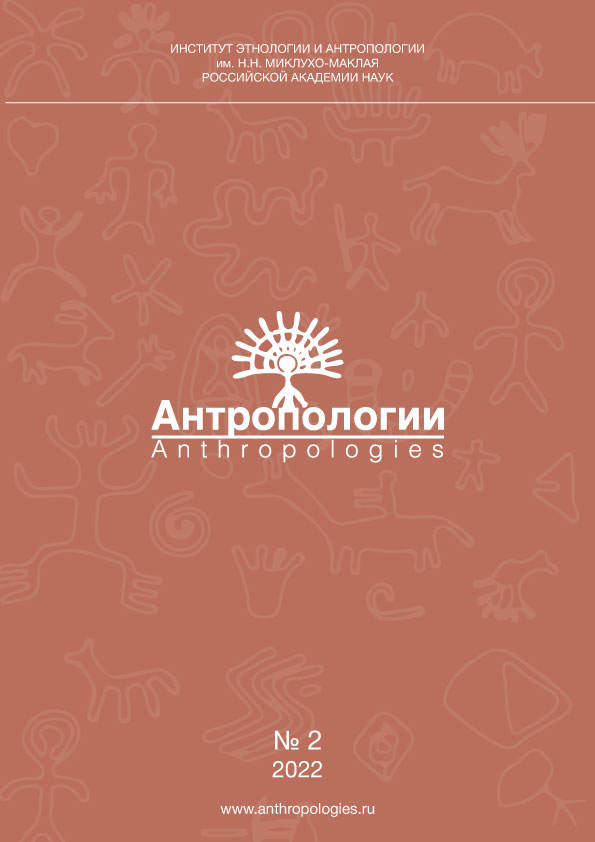«Using Progressive Ethno-Cultural Traditions to Improve the Socialist Way of Life». The study of socialist holiday culture in the ethnographic institutes of Moscow, Kyiv and Berlin (GDR)
Keywords:
history of ethnography, late socialism, USSR, Ukraine, rites and customs, GDR, socialist cultureAbstract
The socialist ritual and festive culture complex aimed at both strengthening the antireligious everyday life of the population as well as the formation of a «Soviet nation». Since the late 1950s, this state and party driven endeavor also involved ethnographers in different Soviet republics and within the Eastern Bloc. Based on interviews as well as on archival material, the article looks at the motivation, the self-conception and experiences of ethnographers in the different institutes of the academy of sciences in Moskau, Kyiv and in the German Democratic Republic.
This comparative view reveals the very different possibilities for respective researchers. For the Moscow based ethnographers this engagement for a «scientific foundation of new Soviet rituals and feats» proved to be attractive only in the late 1950s whereas later for them other research areas also beyond the Soviet Union evolved. After the devastating blow against Ukrainian ethnography in the 1930s and the harsh restrictions and discontinuation of new research projects in the early 1970s, very few Ukrainian ethnographers worked at the Academy of Science. For these scholars, the involvement in facilitating the pervasiveness of «Soviet rituals and feats» remained one of very few research projects available. Though, this involvement and in particular the integration of Ukrainian ethnographers into the State Commission for new feasts and rituals which was based at the Council of Ministers of the Ukrainian SSR had substantial consequences for their research.


